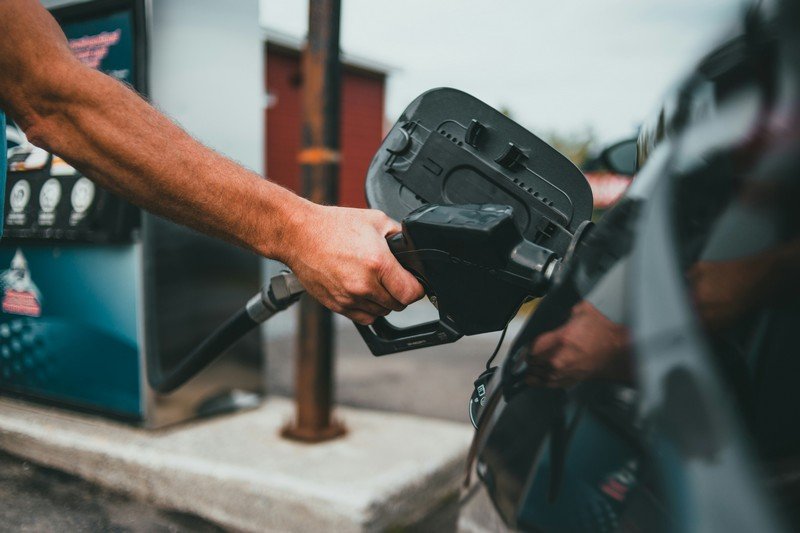
Fuel efficiency
has become a paramount consideration for consumers when purchasing a new car. With rising concerns about environmental impact and the ever-increasing cost of fuel, buyers are looking for vehicles that can deliver more miles per gallon (MPG) and reduce their carbon footprint. Understanding fuel efficiency and how it relates to MPG is crucial for making an informed decision when selecting a new vehicle.
At its core, fuel efficiency refers to the amount of fuel a vehicle consumes to travel a certain distance. It is typically measured in miles per gallon (MPG) for gasoline-powered vehicles and miles per gallon equivalent (MPGe) for electric and hybrid vehicles. The higher the MPG or MPGe, the more fuel-efficient the vehicle is, meaning it can travel further on less fuel.
When buying a new car, considering fuel efficiency can have several benefits. Firstly, it can lead to cost savings over the lifetime of the vehicle. Vehicles with higher MPG require less fuel to travel the same distance, resulting in lower fuel expenses for the owner. This can be especially significant for individuals who drive long distances frequently or for those living in areas with high fuel prices.
Moreover, fuel-efficient vehicles often have lower emissions, contributing to environmental sustainability. By burning less fuel, these vehicles release fewer greenhouse gases and pollutants into the atmosphere, helping to mitigate climate change and improve air quality. As governments around the world implement stricter regulations on vehicle emissions, opting for a fuel-efficient car can ensure compliance with these standards and reduce the overall environmental impact of driving.
Additionally, fuel efficiency can influence the resale value of a vehicle. As environmental awareness grows and fuel prices fluctuate, consumers are increasingly prioritizing fuel-efficient cars. Therefore, vehicles with higher MPG may retain their value better in the resale market compared to less fuel-efficient counterparts. This can translate to higher resale prices and lower depreciation rates, ultimately saving money for the owner in the long run.
When comparing fuel efficiency among different vehicles, it’s essential to consider various factors that can affect MPG. One of the most significant factors is the type of engine and drivetrain configuration. Generally, smaller engines tend to be more fuel-efficient than larger ones, as they require less fuel to operate. Similarly, vehicles with hybrid or electric powertrains often offer superior fuel efficiency compared to traditional gasoline-powered cars, thanks to their ability to harness energy through regenerative braking and electric propulsion.
Furthermore, vehicle weight and aerodynamics play a crucial role in determining fuel efficiency. Lighter vehicles typically require less energy to move, resulting in better MPG. Similarly, vehicles with sleek aerodynamic designs experience less air resistance at high speeds, improving fuel efficiency on the highway. Manufacturers employ various techniques such as lightweight materials and aerodynamic shaping to enhance the fuel efficiency of their vehicles.
In addition to technical specifications, driving behavior also influences fuel efficiency. Aggressive driving habits such as rapid acceleration, excessive speeding, and sudden braking can significantly reduce MPG by increasing fuel consumption. By adopting eco-friendly driving practices such as maintaining a steady speed, anticipating traffic flow, and minimizing idling, drivers can maximize the fuel efficiency of their vehicles and reduce fuel costs.
When shopping for a new car, consumers should prioritize fuel efficiency alongside other factors such as price, safety, and performance. Many resources are available to help buyers compare the fuel efficiency of different vehicles, including the Environmental Protection Agency (EPA) fuel economy website and consumer advocacy organizations like Consumer Reports. These resources provide valuable insights into real-world MPG performance and help consumers make informed decisions based on their specific needs and preferences.
In conclusion, fuel efficiency is a crucial consideration when buying a new car, with implications for cost savings, environmental impact, and resale value. By choosing a vehicle with higher MPG, consumers can reduce fuel expenses, minimize emissions, and potentially earn higher resale prices. Understanding the factors that influence fuel efficiency and adopting eco-friendly driving practices can further enhance the benefits of owning a fuel-efficient car. As the automotive industry continues to innovate and prioritize sustainability, fuel efficiency will remain a key criterion for consumers seeking to make responsible choices for themselves and the planet.


